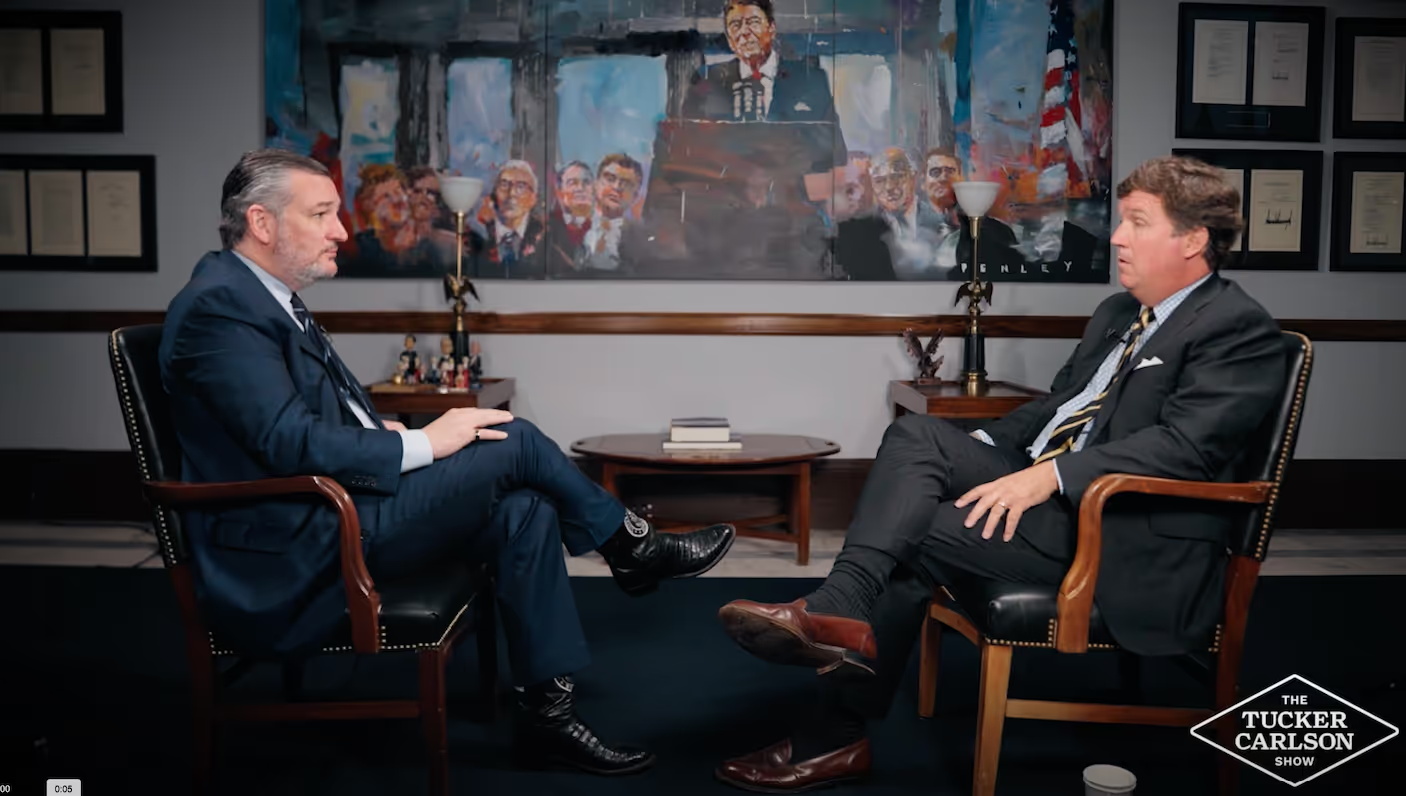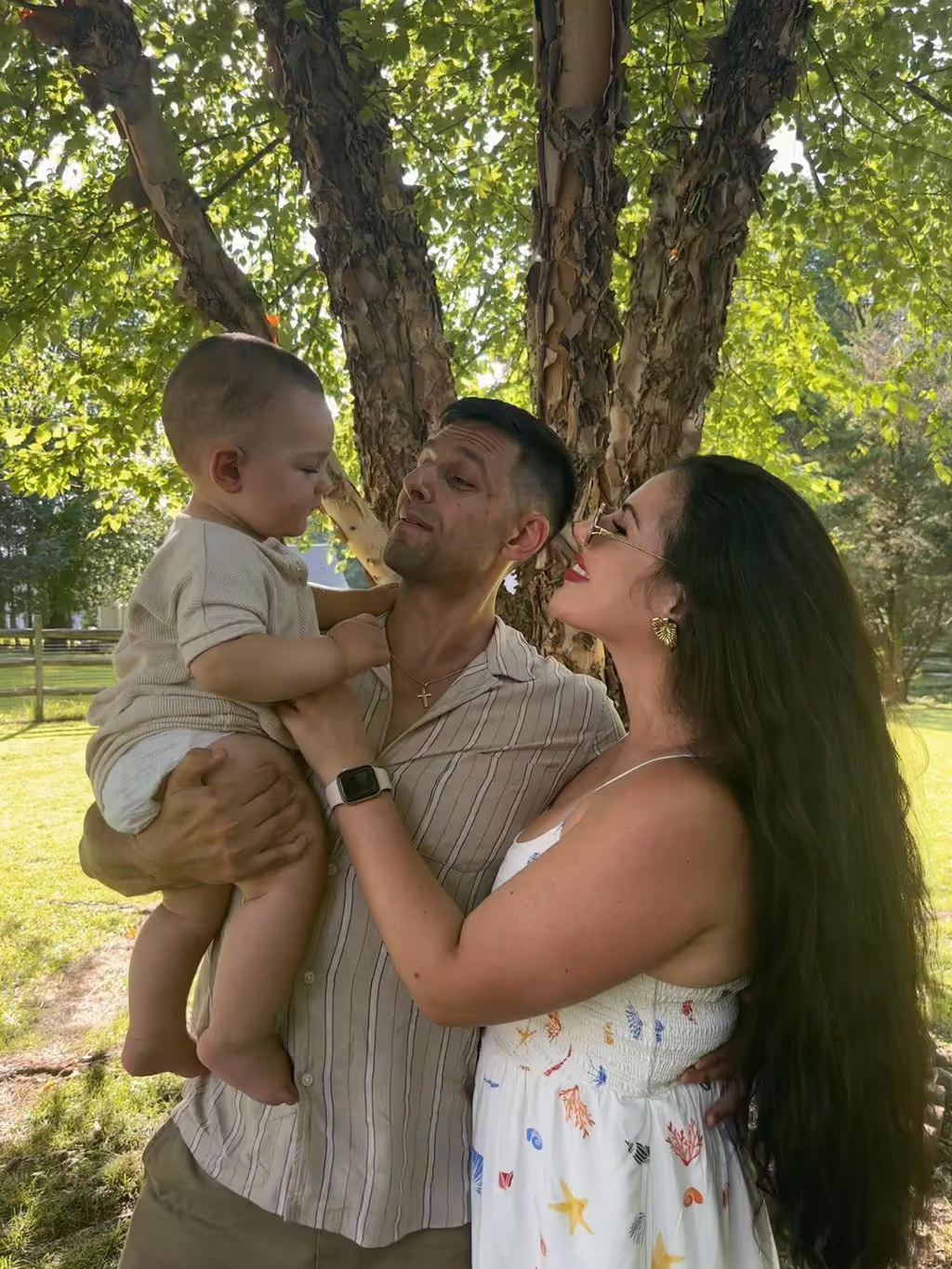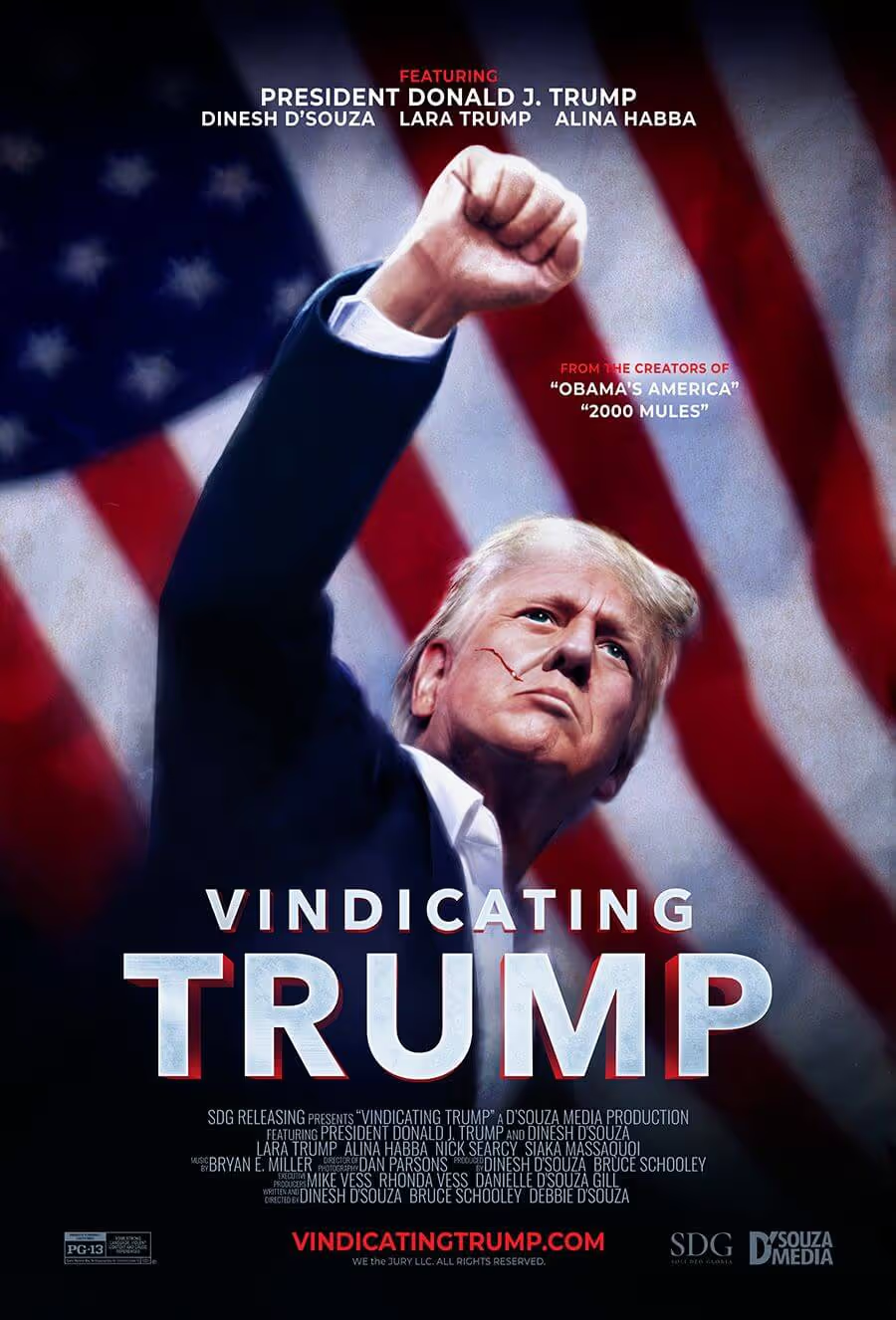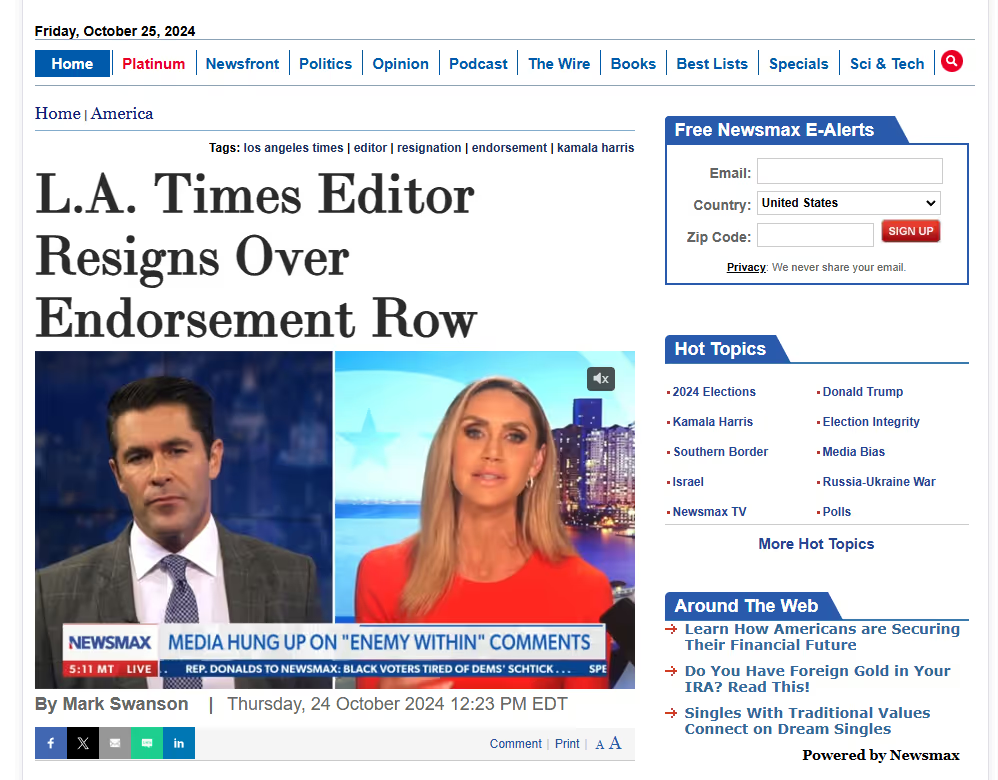.avif)
The New Era of Digital Media Has Been Reawakened
We’re redefining what a social platform can be. Parler empowers creators and commentators with a clean slate—where your content builds value, your ideas carry weight, and your audience is genuinely yours. Whether you’re sharing, writing, or engaging in real-time, the tools are here to help you grow without being boxed in. This isn’t about fighting the past. It’s about building something better: a platform rooted in clarity, connection, and ownership.
A Community Where Every Voice is Unmuted
Join a movement built on freedom, authenticity, and connection. At Parler, you’re a creator, a contributor, and a vital part of a network that values your voice. Together, we’re shaping a future where culture is created by real people, not controlled by an algorithm.
.avif)




.avif)




.avif)














.avif)




.avif)


































.avif)









.avif)



























Getting Started Is Simple
Whether you’re returning or just getting started, joining Parler is quick and seamless. Set up your profile in minutes and step into a platform that values your voice, protects your privacy, and rewards your contributions. You bring the creativity—we’ll make sure it counts.
Create Your Profile
Set up your profile in just a few steps. We ask for only what’s needed—because your privacy matters. From there, you’ll unlock a secure space to create, connect, and be rewarded for your voice.
Follow Creators & Friends
Easily follow your friends and discover creators who resonate with you. Build your community through real connections—no filters, not a hidden algorithm.

Customize Your Feed
Shape your experience by following the people and topics that inspire you. Your feed stays authentic and in your control, always showing what matters most to you.
Post & Engage
Speak freely, engage openly, and grow your presence with every interaction. From thoughtful posts to casual moments, everything you share earns value—and helps build a stronger network around you.

























